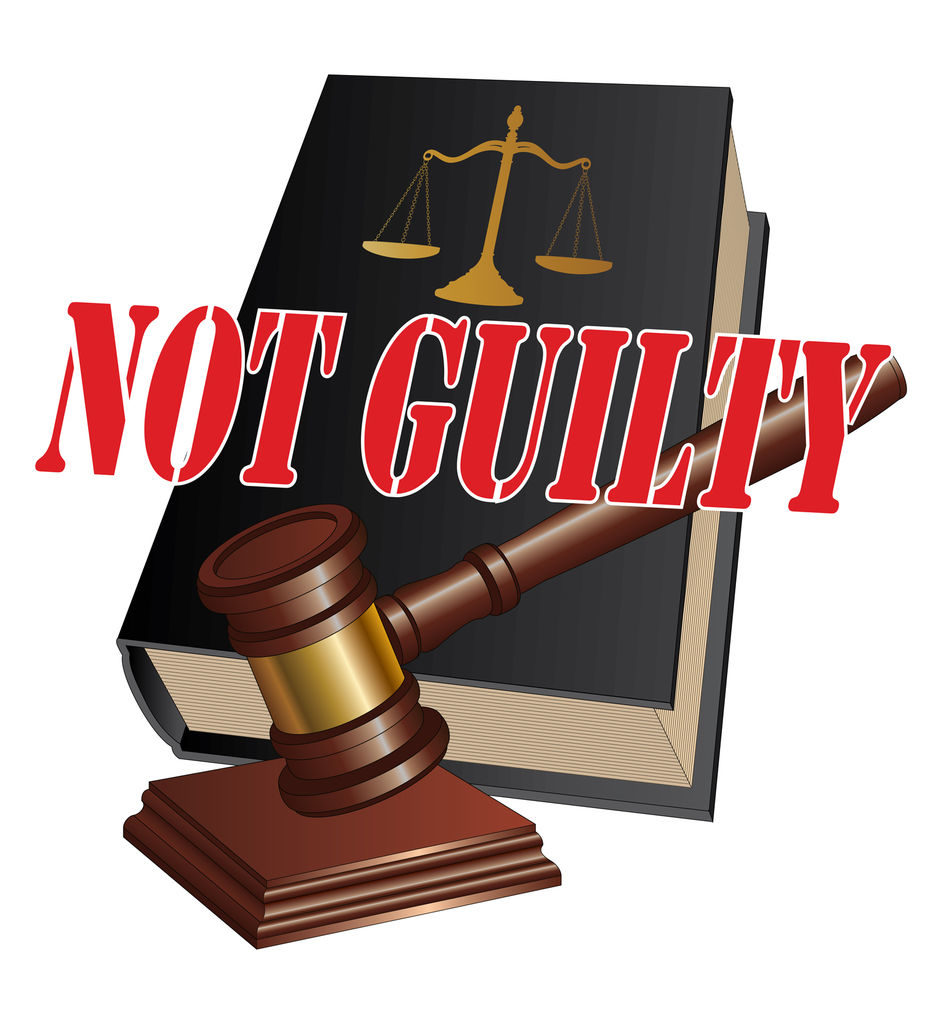If you’re facing criminal charges or involved in a civil lawsuit in Creek County, you may be entitled to a jury trial. But what does that actually mean? Understanding the basics of how jury trials work in Creek County can help you better prepare, protect your rights, and make informed decisions about your case.
What Kinds of Cases Go to a Jury Trial?
You may have the right to a jury trial if you are involved in:
- Criminal cases, such as DUI, assault, drug charges, or theft
- Civil disputes, including breach of contract, personal injury, or property damage
- Family law matters, in rare cases (such as contested guardianships or paternity actions, if appropriate)
In criminal cases, a jury determines guilt or innocence, while in civil cases, the jury decides liability and damages.
Who Serves on the Jury?
Juries in Creek County are made up of regular citizens selected at random from voter registration and driver’s license records. During jury selection—also called voir dire—attorneys for both sides have the opportunity to ask questions and exclude certain jurors for cause or through limited peremptory challenges.
- Felony criminal cases usually have 12 jurors
- Misdemeanor and civil cases typically have 6 jurors
The goal is to select a jury that is fair, impartial, and attentive to the facts of the case.
What Happens During a Jury Trial?
Here’s a general breakdown of what you can expect during a jury trial in Creek County:
1. Opening Statements
Each side gives an overview of their case. However, this is not evidence—just a preview of what each party intends to prove.
2. Presentation of Evidence
Each side presents testimony, documents, or physical evidence to support their claims or defenses. Witnesses can be cross-examined.
3. Closing Arguments
Attorneys summarize the evidence and explain why the jury should rule in their favor.
4. Jury Instructions
The judge instructs the jury on the law and legal standards they must apply to the evidence presented.
5. Jury Deliberation
The jury leaves the courtroom and meets in private to decide the verdict. In criminal cases, the decision must be unanimous, but in civil cases, three-fourths of the jurors must agree.
6. Verdict
Once the jury reaches a decision, it returns to the courtroom and announces the verdict. In criminal cases, the judge may proceed immediately to sentencing or set a separate hearing.
Do I Have to Choose a Jury Trial?
In most cases, you have the right to waive a jury trial and ask for a bench trial, where the judge decides the outcome. Whether you should choose a jury trial or a bench trial depends on the complexity of the case, strength of the evidence, and your attorney’s advice.
How Should You Prepare?
If you are going to trial in Creek County, preparation is critical. Your attorney will help you:
- Develop a trial strategy
- File pretrial motions
- Gather and organize evidence
- Prepare witnesses
The trial itself can last anywhere from one day to several weeks, depending on the complexity of the case.
Creek County Trial Attorneys
Jury trials are high-stakes proceedings, and having the right legal team on your side can make all the difference. If you’re facing a civil or criminal jury trial, our team at Creek County Attorneys can help. Call us at 918-209-3709 for a free and confidential consultation or ask a legal question here.

